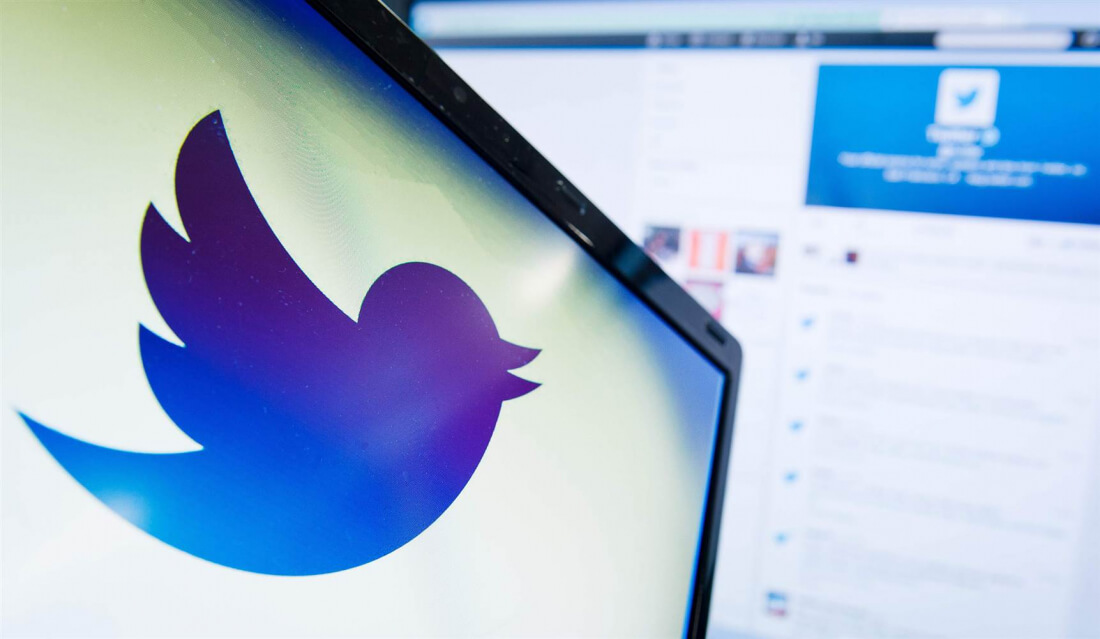Russia has a bit of a storied history when it comes to meddling in US affairs, particularly regarding the US election. This interference has reportedly come in the form of social media advertisements and even hacking.
However, little has ultimately been done on the part of social media platforms to combat such interference in the future - until now. In an announcement on Thursday, social media giant Twitter claims that they have made the "policy decision" to "off-board" advertising from two major Russian media organizations: Russia Today and Sputnik.
The following quote from the announcement details the bulk of the company's reasoning behind this decision:
"Twitter has made the policy decision to off-board advertising from all accounts owned by Russia Today (RT) and Sputnik, effective immediately. This decision was based on the retrospective work we've been doing around the 2016 U.S. election and the U.S. intelligence community's conclusion that both RT and Sputnik attempted to interfere with the election on behalf of the Russian government.
This news may come as a a surprise to some, considering how long it took Twitter to make this decision. Regardless, it's a smart move from a PR perspective and one the company is eager to capitalize on even further.
To do so, Twitter will be channeling the estimated $1.9 million earned from RT's advertising efforts on the platform since 2011 towards the "support [of] external research into the use of Twitter in civic engagement and elections..."
Russia Today was quick to deny Twitter's claims in an "op-edge" article. The organization claims that they haven't violated any of Twitter's advertising guidelines nor did they intentionally spread misinformation throughout the platform during the 2016 election. The organization further claims that they "have been, [are], and will be a reliable partner and publisher" on global social media networks.

Despite Twitter's tough stance on Russian advertising, the company made it clear that they will not be banning or censoring either organization's actual Twitter accounts. Indeed, both companies will be free to tweet and communicate on the platform as usual, though they may face more public scrutiny for doing so in the future.
Some may see Twitter's decision to bar RT and Sputnik from advertising on their platform as a simple attempt to save face prior to the company's upcoming testimony before Congress on November 1. Regardless of their intentions, this move might just be enough to push the likes of Facebook and Google to follow suit down the line.
